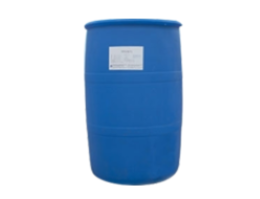As a new type of surfactant produced by microorganisms, biosurfactants have many advantages over chemical surfactants, such as low toxicity, degradability, ecological compatibility, high efficiency and stability. Therefore, biosurfactants are widely used not only in the fields of oil exploitation and transportation, pharmaceutical industry, food industry, textile industry and cosmetics industry, Moreover, more and more attention has been paid to its application in the field of environmental engineering, especially in soil remediation.

Adding biosurfactants in the aerobic composting process of solid organic waste can improve the microenvironment of composting treatment, promote the degradation of organic matter and speed up the composting process. However, only a few products of biosurfactants have entered the market, and most varieties are in the experimental research stage, mainly due to its high production cost. It is estimated that the cost of biosurfactants is 3 ~ 10 times that of chemical surfactants. At the same time, some bacterial agents producing biosurfactants, such as Pseudomonas aeruginosa, are banned from agricultural composting and microbial fertilizer.
Therefore, the application of biosurfactants in agricultural composting is greatly limited. According to literature reports, the addition of chemical surfactant Tween-80 can increase cellulase activity and promote the biodegradation of cellulose substances. There are few reports on the application of chemical surfactants in aerobic composting to accelerate the composting process.
Alkyl glycoside (APG) surfactant is a kind of mild non-ionic chemical surfactant commercialized in the 1990s. It is produced from renewable starch derivatives glucose and fatty alcohol as raw materials, and has the characteristics of non-ionic surfactant and anionic surfactant. In addition to being a kind of natural surfactant with low fatty and glycosidic activity, APG is also considered as a kind of natural surfactant with excellent biological activity and biodegradability.